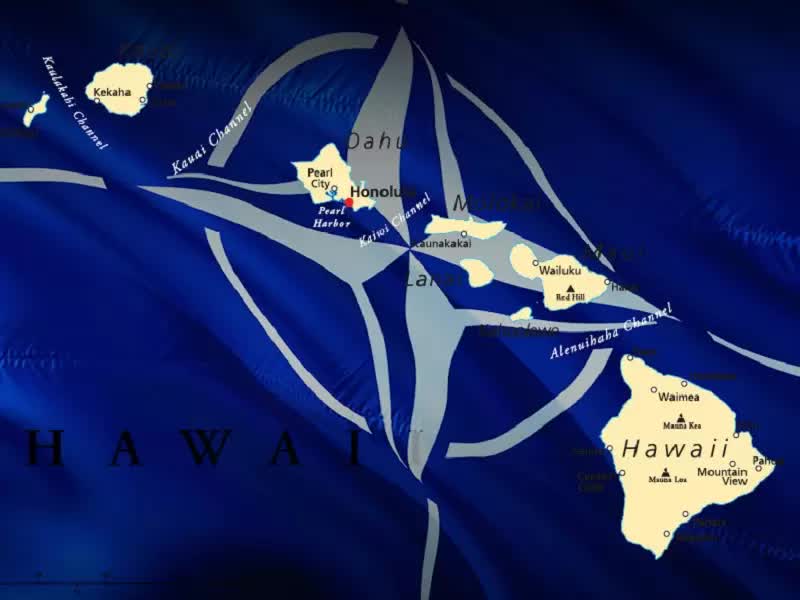Hawaii: The Exception to NATO’s Collective Defense Article

In a surprising revelation, it has been discovered that out of the 50 states in the US, Hawaii is the only one not covered by NATO’s collective defense provision, as reported by CNN [^1^]. Due to its geographical and historical reasons, Hawaii “technically” falls outside the scope of NATO’s commitment agreement.
Hawaii: Not Covered by NATO
This means that if an external force were to attack the US Navy’s Pearl Harbor Naval Base or the US Indo-Pacific Command in Honolulu, Hawaii, other NATO members would not be obligated to defend the base [^1^].
David Santoro, President of the Pacific Forum think tank based in Honolulu, revealed that even most Hawaiian residents are unaware that their state is not linked to NATO [^1^]. Santoro clarified that Hawaii, being in the Pacific Ocean, is not part of the American mainland like California, Colorado, or Alaska, thus not falling within the purview of NATO’s collective defense agreement [^1^].
Legal Limitations and Geographical Constraints
The NATO Charter’s Article 5 states that “an armed attack against one or more of the Allies in Europe or North America shall be considered an attack against them all” [^1^]. However, Article 6 places geographical restrictions on the “collective self-defense right”: member states’ territories must be located in Europe or North America, with any island territories related to the NATO alliance situated in the North Atlantic, north of the Tropic of Cancer [^1^].
CNN also confirmed that the US State Department spokesperson affirmed that Hawaii is not covered by the collective defense provision under Article 5 of the NATO Charter [^1^]. However, Article 4 stipulates that in case of “the territorial integrity, political independence or security” of any NATO member being threatened, member states will consult, which includes situations that may affect Hawaii [^1^].
Unlikely Modification and Strategic Importance
Although some experts argue that the international landscape has changed since the signing of the North Atlantic Treaty, making a case for revisiting the political situation in the Pacific-Indo region and the importance of US military bases in Hawaii in countering North Korea and supporting Taiwan, modifying the NATO Charter to include Hawaii would be difficult to achieve due to the “special circumstances” faced by other member states that possess territories beyond the scope of Article 5 [^1^].
For example, the Falkland Islands, a disputed territory between Argentina and the United Kingdom for 200 years, saw combat in April 1982, but other NATO member states did not participate in the conflict [^1^].
Additionally, some scholars argue that Guam, which is deemed “strategically more important than Hawaii,” should also be considered for NATO protection [^1^].
Despite the exclusion of Hawaii from NATO’s collective defense article, it is vital to recognize the significant role the state plays in the overall US defense strategy and global security.
Source: [^1^] CNN
